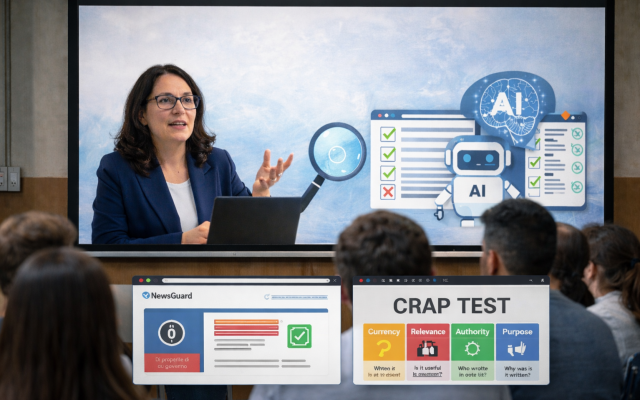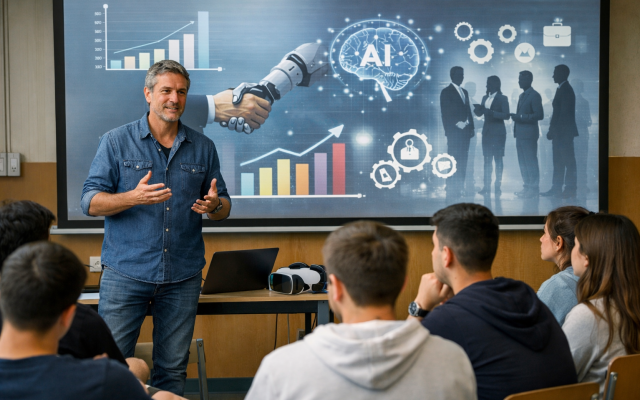The School of Physics with Arduino and Smartphone, conceived by Giovanni Organtini, Professor of Experimental Physics at Sapienza University of Rome, and developed in collaboration with the Fondazione Mondo Digitale in the Phyrtual Innovation Gym Fab Lab is spreading wide.
This original, intensive updating course for high school teachers is organised by the University of Parma (PLS, Physics Area).
“By merging the vocation of the PLS for professional updating (DM MUR 345/2020) with the indications of the National Digital School Plan, which addresses digital solutions that will facilitate the organisation of environments propaedeutic to active lab learning, we thought about organising a course that could provide the basic notions necessary to use open source Arduino chipsets and that will allow teachers to independently design and manage, cheap and simple physics experiments in class,” explain the promoters. “This resource can also easily be used for on-line activities as it does not require any cumbersome or expensive tools.”
Some experiment examples:
- Motion of a body on an inclined plane
- Measure condenser charge and discharge
- Study the propagation of heat along a bar
- Study thermal equilibrium over time
- Experimentally verify the Second Law of Ohm
- Study non-inertial reference systems
- Study the acceleration in rotating reference systems
The course will be held on September 8-10 for a total of 26 hours. The course is certified for teacher training and updating and will be on the Sofia Platform. The course is organised at the Episcopal Seminary of Bedonia that hosts a planetarium and telescopes, besides a few museums.
The activities will be conducted by Giovanni Organtini, Professor of Experimental Physics at Sapienza University of Rome, and author of various publications on the use of Arduino and smartphones for Physics lab activities. Prof. Organtini has also organised various courses.
The first day will be dedicated to learning how to programme an Arduino chipset and the operation of its most common electronic components for measuring and controlling physical quantities.
On Day Two, the participants will be divided into groups and called to design experiments. After planning the experiment, they will purchase the necessary items shop at ironmongers and hobby shops.
The morning of Day Three will be dedicated to assembling and fine-tuning the experiment setup, while, during the afternoon, each group will report on their project and the achieved results.



